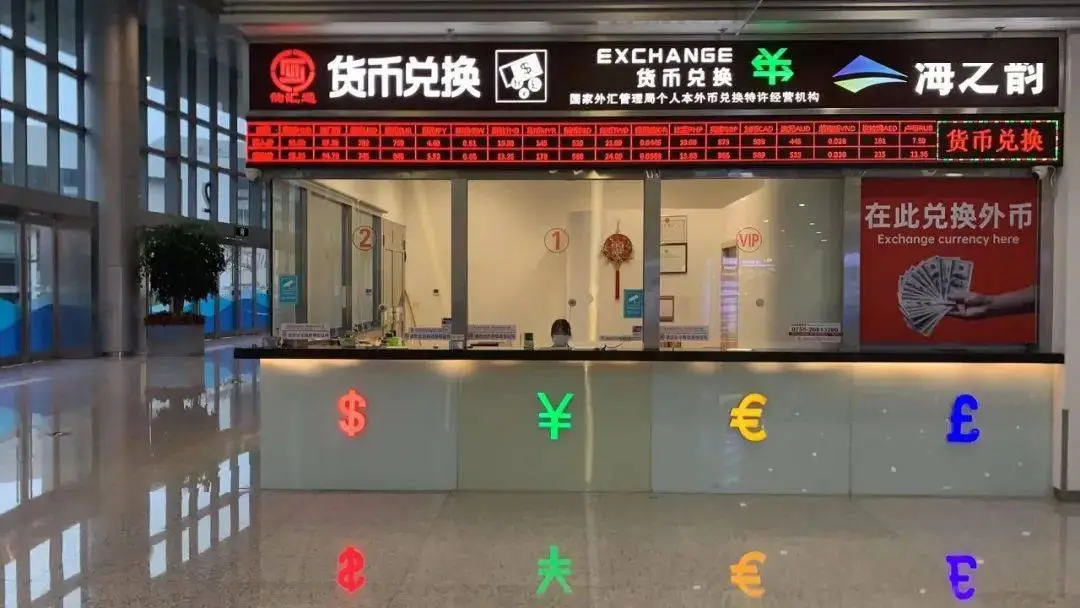Navigating the bustling streets of Beijing, a city teeming with cultural treasures and modern marvels, inevitably involves managing currency exchanges for the discerning traveler. With a plethora of options available, from banks and airports to hotels and specialized exchange counters, choosing the optimal method can seem daunting. Understanding the advantages and disadvantages of each avenue is crucial to ensuring a seamless and cost-effective exchange experience. Below, we explore the various avenues for exchanging money in Beijing, offering insights into the benefits and pitfalls of each approach to assist travelers in making informed decisions.
Banks:
Advantages: Major banks in Beijing, such as Industrial and Commercial Bank of China (ICBC) and China Construction Bank, typically offer currency exchange services. These banks provide fair exchange rates and adhere to standard procedures, making them a preferred choice for large transactions or those seeking security. Many banks also have dedicated foreign exchange service counters or staff who speak foreign languages, facilitating inquiries and transactions for international tourists.
Disadvantages: Some banks may require tourists to present their passports or other identification documents for registration, which could make the process relatively cumbersome. Additionally, not all bank branches provide currency exchange services, so tourists may need to visit specific branches.
Airports:
Advantages: Beijing Capital International Airport and Daxing International Airport usually have multiple currency exchange points, allowing foreign tourists to exchange currency immediately upon arrival in Beijing. Moreover, these exchange points at airports often have extended operating hours, catering to tourists’ exchange needs outside regular business hours.
Disadvantages: Exchange rates at airport currency exchange points may not be as favorable as those at banks, and transaction fees could be higher. For tourists requiring large currency exchanges, this might not be the most economical option.
Hotels:
Advantages: Some upscale hotels in Beijing may offer currency exchange services for their guests, providing a relatively convenient option. Guests can exchange currency directly within the hotel premises without the need to venture out.
Disadvantages: Exchange rates and fees at hotel currency exchange desks may not be as competitive as those at banks or specialized exchange counters. Additionally, not all hotels provide this service, so tourists should inquire beforehand.
Specialized Exchange Counters:
Advantages: There are specialized exchange counters in Beijing that offer currency exchange services. These counters often provide flexible operations and may offer competitive exchange rates.
Disadvantages: Tourists should exercise caution in selecting exchange counters to ensure their legitimacy and reputation. Some fraudulent individuals may exploit exchange transactions for scams, so tourists need to be vigilant.
ATMs:
Advantages: Many ATMs in China accept foreign credit or debit cards, allowing tourists to withdraw Chinese yuan directly. This method is typically convenient and swift.
Disadvantages: Depending on the tourist’s bank and card type, there may be foreign transaction fees or withdrawal limits imposed by the issuing bank.
In summary, while there are several options available for exchanging money in Beijing, tourists should consider factors such as exchange rates, fees, convenience, and security when choosing the best method for their needs. It’s advisable to compare rates and fees across different channels to make an informed decision.


